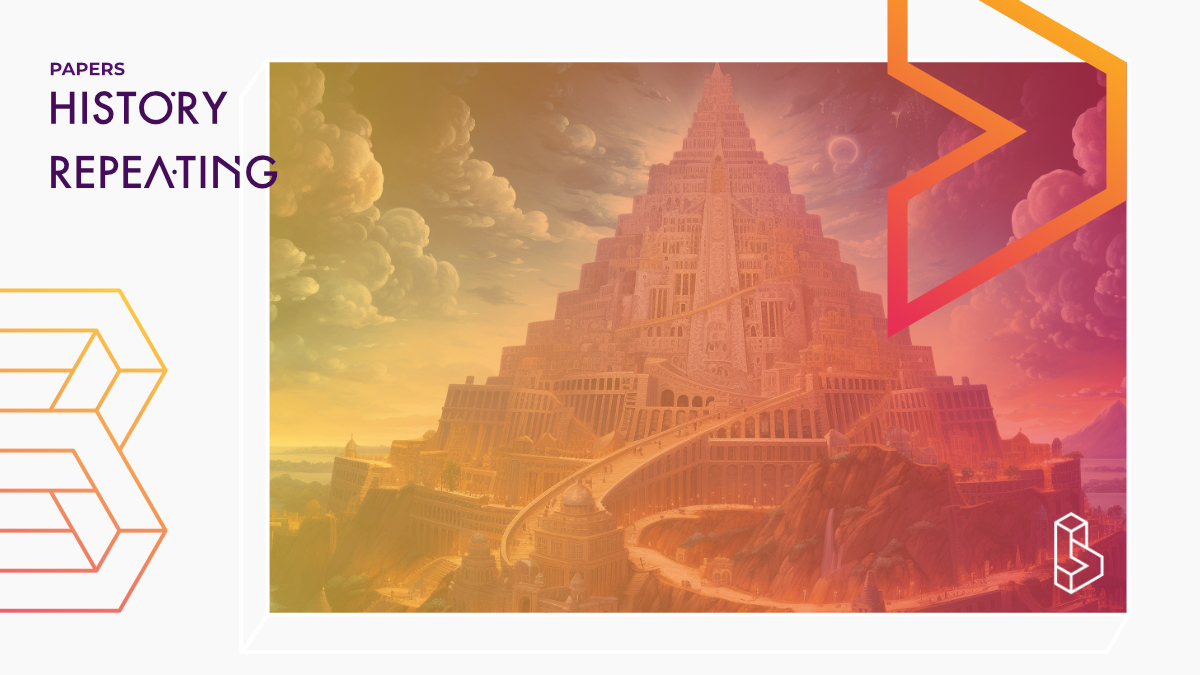This critical review (2023) examines the challenges currently facing psychedelic research, which has seen a surge of interest in recent years for its potential in treating mental disorders. The paper identifies ten pressing challenges, categorized into easy, moderate, and hard problems, that threaten the validity of key findings in this field. These challenges encompass issues related to internal validity, external validity, construct validity, and statistical conclusion validity, which collectively limit the ability to draw definitive conclusions about the safety and efficacy of psychedelic therapy. The paper also offers a roadmap for addressing these challenges.
Abstract of History repeating: guidelines to address common problems in psychedelic science
“Research in the last decade has expressed considerable optimism about the clinical potential of psychedelics for the treatment of mental disorders. This optimism is reflected in an increase in research papers, investments by pharmaceutical companies, patents, media coverage, as well as political and legislative changes. However, psychedelic science is facing serious challenges that threaten the validity of core findings and raise doubt regarding clinical efficacy and safety. In this paper, we introduce the 10 most pressing challenges, grouped into easy, moderate, and hard problems. We show how these problems threaten internal validity (treatment effects are due to factors unrelated to the treatment), external validity (lack of generalizability), construct validity (unclear working mechanism), or statistical conclusion validity (conclusions do not follow from the data and methods). These problems tend to co-occur in psychedelic studies, limiting conclusions that can be drawn about the safety and efficacy of psychedelic therapy. We provide a roadmap for tackling these challenges and share a checklist that researchers, journalists, funders, policymakers, and other stakeholders can use to assess the quality of psychedelic science. Addressing today’s problems is necessary to find out whether the optimism regarding the therapeutic potential of psychedelics has been warranted and to avoid history repeating itself.”
Authors: Michiel van Elk & Eiko I. Fried
Summary of History repeating: guidelines to address common problems in psychedelic science
Psychedelics are mind-altering substances, including serotonergic hallucinogens, entactogens, and dissociatives. Preliminary results from clinical trials using psychedelic therapy appear to show potential for treating a wide variety of mental disorders, including major depressive disorder, end-of-life anxiety, and addiction.
The apparent benefits of psychedelics have led to significant changes in the mental health landscape, with more than 500 specialized ‘ketamine-clinics’ in the US, MDMA-assisted psychotherapy awaiting approval by the FDA, and psilocybin being legalized in Oregon.
Threats to validity in psychedelic research
Find this paper
History repeating: guidelines to address common problems in psychedelic science
https://doi.org/10.1177/20451253231198466
Open Access | Google Scholar | Backup | 🕊
Cite this paper (APA)
van Elk, M., & Fried, E. I. (2023). History repeating: guidelines to address common problems in psychedelic science. Therapeutic Advances in Psychopharmacology, 13, 20451253231198466.

